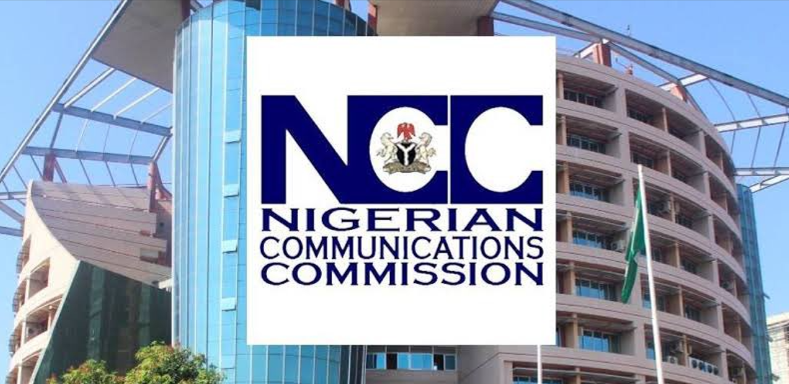The Nigerian Communications Commission (NCC) has announced plans for a comprehensive cybersecurity framework aimed at strengthening the nation’s telecommunications infrastructure against emerging digital threats.
Dr Aminu Maida, Executive Vice Chairman of the NCC, represented by Abraham Oshadami, Executive Commissioner of Technical Services, disclosed this during the Cybersecurity Framework Development Regulatory Meeting held on Wednesday in Lagos.
Maida noted the rapid growth of Nigeria’s telecom sector, which has evolved from under 500,000 connected lines in 2001 to over 172 million active subscribers, alongside more than 141 million internet users.
He described the sector as a key pillar of economic progress, social inclusion, and national transformation. However, he also warned that the sector’s expansion had increased exposure to evolving cyber threats, including malware, ransomware and phishing.
According to him, critical government infrastructure remains a top target for cybercriminals and hostile entities.
“To address these risks, the NCC commenced the development of a cybersecurity framework with specific objectives,” he said.
“These objectives include promoting a unified cybersecurity stance across the industry, improving telecom infrastructure protection, securing consumer data and privacy, and aligning with both national and international cybersecurity strategies.”
He added that the framework would also foster industry-wide expertise in anticipating, detecting, and managing cyber incidents, as well as proactively addressing future risks.
Maida highlighted existing laws such as the Cybercrime Prevention Procedures Act of 2015 and the Nigerian Data Protection Act 2003, which now enforce cybersecurity standards within critical sectors like telecommunications.
Citing findings by the United Nations Economic Committee for Africa, Maida said that a 10 per cent increase in cybersecurity maturity could significantly boost per capita GDP across the continent.
He explained that the framework would set minimum cybersecurity expectations for all telecom operators, with clear guidelines for risk management, incident reporting, information sharing, and inter-agency collaboration.
He also urged active involvement from all industry stakeholders, including network operators, internet service providers, data centres, government agencies, academia, and technology experts.
Abraham Oshadami reiterated the necessity of the initiative, pointing out the industry’s reliance on digital technologies and the need to fortify network resilience and protect user data.
He stated that cybersecurity had become a compulsory requirement, not an optional measure.
Oshadami said the meeting served to engage stakeholders for useful feedback to shape a practical and effective framework.
In a related presentation, Dr Kazeem Durodoye, CEO of Cybernovr, stressed the urgency of protecting cyberspace in light of rapid digitisation and evolving threats.
He said advancements in mobile technologies like Open RAN and virtualisation had altered the risk landscape for 2G, 3G and 5G networks.
Durodoye emphasised the need for a holistic framework that accounts for sector-wide interdependencies and enables agile policymaking against real-time threats.
He outlined the core principles guiding the framework’s development, including extensive stakeholder input, resilience against future risks like quantum cryptography, and the role of artificial intelligence in shaping cyberattacks.
He added that the draft framework would be shared with stakeholders for review in the coming weeks.
“It will categorise licensees by tier, ensuring that organisations managing critical infrastructure or large data volumes receive focused attention,” Durodoye said.
Also speaking, Babagana Digima, Chairman of the Committee on the Development of Cybersecurity Framework, said the framework would address structural gaps in the sector’s cybersecurity posture.
He stressed the need for a baseline assessment of the current state of the industry to effectively implement new security measures.
Digima reaffirmed the commission’s commitment to collaboration with stakeholders in building a secure and resilient digital environment in Nigeria.
(NAN)


